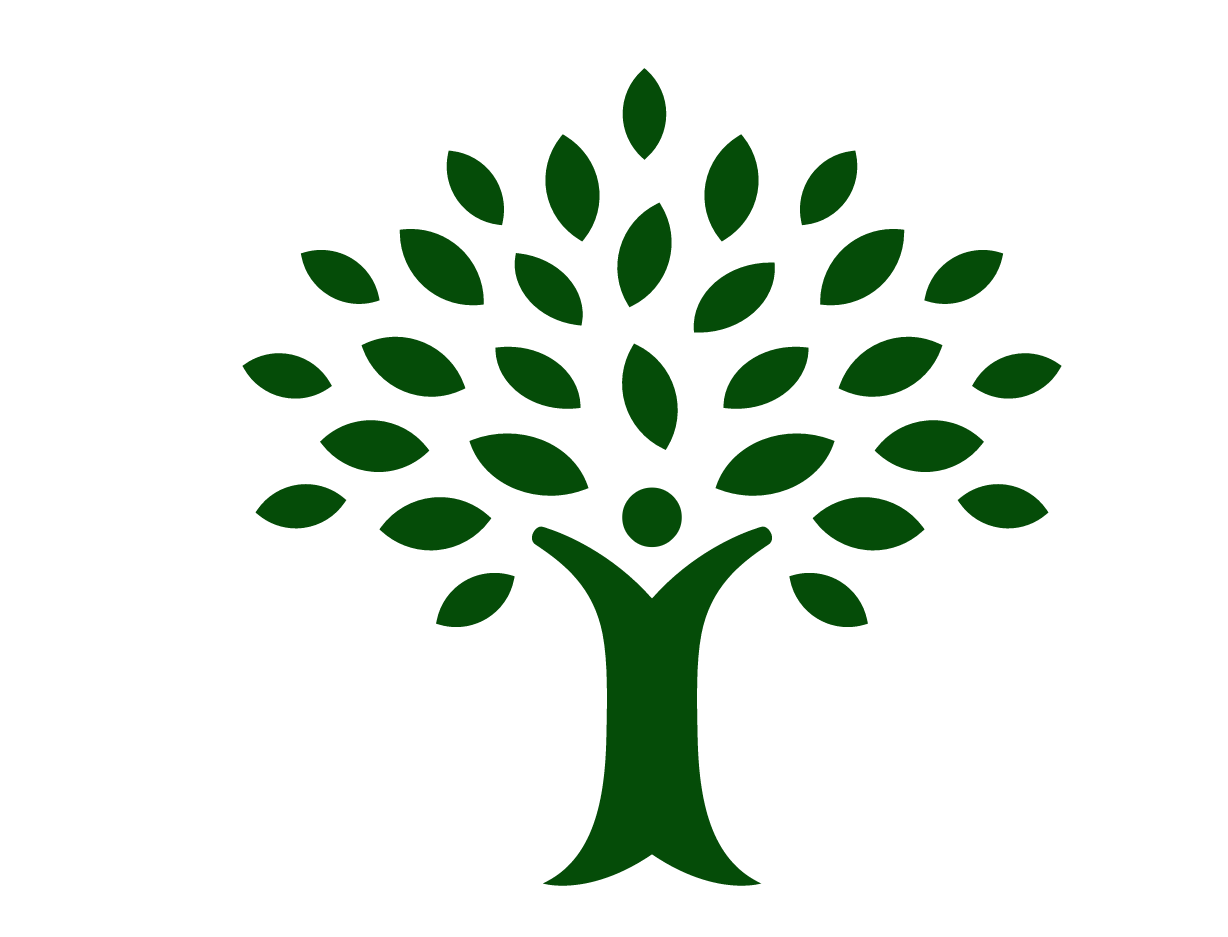ING is an international Dutch financial services and banking corporation headquartered in Amsterdam. Its primary businesses include direct, commercial, and investment banking among other financial services including insurance. ING stands for "International Netherlands Group" and their total assets amounted to 845 billion euros in 2016. In June of that year, ING joined the Ellen MacArthur Foundation as Circular Economy 100 (CE100) member.
The circular economy refers to a cyclical process that keeps materials in circulation while maintaining their value rather than traditional linear models of using and disposing of materials in a landfill. View this Ellen MacArthur Foundation video for additional explanation on the concept of a circular economy:
The CE100 is administrated by the Ellen MacArthur Foundation and serves to facilitate this transition to a circular economy by providing a platform for organizations in similar sectors to research best practices at pursuing the circular economy relevant to their sector. For example, ING participated in a collaborative project on how finance can facilitate transition to a circular economy titled "Money makes the world go round: and will it help to make the circular economy as well".
“From the innovation revolution to the effects of climate change, society faces many challenges, and it’s clear that traditional business models must evolve. We believe that sustainable business is better business, and the circular economy plays a vital role in that. We’re ready to make a bigger impact in a way that fits with our organization and our footprint by further building on our role of raising awareness and sharing knowledge with our clients. By connecting with Ellen MacArthur Foundation partners, we can share and further broaden our knowledge to drive the development of new business models.” -ING CEO Ralph Hamers.
ING has also published reports including: From Assets to Access and Rethinking Finance in the Circular Economy that publicize how circular economy investments are valued from a finance perspective. In these documents ING further demonstrates that the traditional economic model of "Take, Make, and Waste" is insufficient as resource scarcity for certain materials introduces increased risk. These risks can be reduced by companies that take a full-lifecycle approach to their products and are able to maintain their value in a closed loop from beginning to end.

